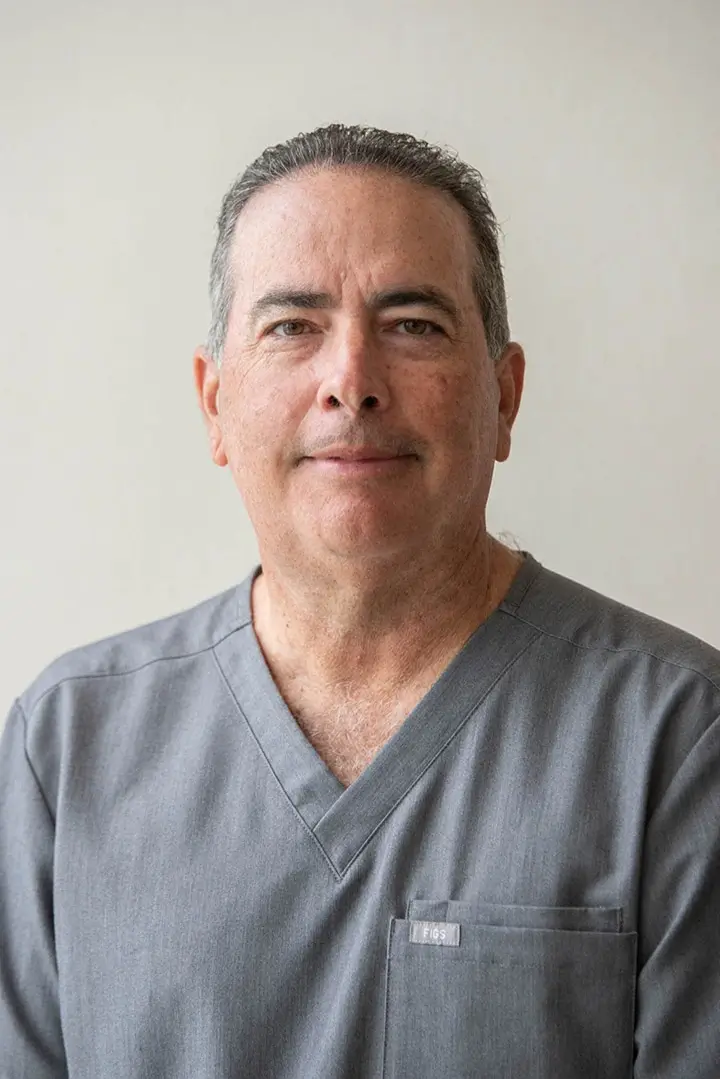Sam Harrell is a well-known Ennis football coach and father of Texas Tech’s former quarterback Graham Harrell. Steve Betik has worked in construction for decades. Both of them suffer from multiple sclerosis. When they asked the Ennis chiropractor Dr. William Davis about using stem cells for their condition, his reaction was that it would be expensive, but if they wanted to go for it, he would help raise the needed funds. Both of them have registered for an experimental stem cell therapy offered in Central America by Cellmedicine. This is the same stem cell treatment that allowed Texas Fort Worth Police Sergeant Preston Walker, a patient with multiple sclerosis be able to
return to work after failing to respond to the medication given by his neurologist.
Treatment for multiple sclerosis generally addresses symptoms, but when conventional approaches stop inducing responses, there are very little options left. One area of active investigation has been stem cell therapy. Although very new, a small three-year study by the Northwestern University School of Medicine concluded last year that stem cell transplants from the patients’ own bodies might help control or even reverse symptoms.
Unfortunately, FDA approval of such methods, even if documented in larger research, is years away. Specifically, three phases of clinical trials have to be conducted. Phase I involves testing of safety. Phase II clinical trials
test whether there is a therapeutic effect, however these are “unblinded” in that the patients know that they are receiving an experimental treatment, thus the possibility exists of placebo effect. Phase III clinical trials are performed at multiple hospitals in a “double blinded” manner so that neither the doctor, nor patient knows whether they are receiving the treatment or the placebo. At present stem cell therapy for multiple sclerosis has only reached
Phase I/II clinical trials.
Companies such as www.cellmedicine.com offer stem cell therapy based on the same science and medical practices used in the United States. To date over 200 patients with multiple sclerosis have been treated by Cellmedicine, however they openly state that the procedure is experimental. This did not deter Sam Harrell and Steve Betik.They are scheduled to fly together in June to the Cellmedicine clinic in Central America, where Harrell is expected to remain two weeks; Betik, a month.
In order to raise funds to support their treatment, the Ennis football boosters club, in conjunction with the town’s chamber of commerce, is hosting a dinner and auction April 10. Davis and others hope that any excess funds they raise through the Foundation for Hope will be applied to an annual fundraiser for anyone with special needs.
“We’re like babies crawling,” Davis said of their efforts. “Who knows what the future will hold?”
Patients interested in learning more about Cellmedicine can go to the website www.cellmedicine.com or view videos at www.youtube.com/cellmedicine

